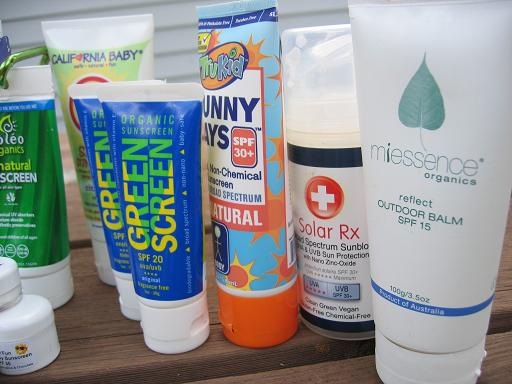Rigel’s patients can’t buy similar products in the United States because they contain sun-filtering compounds — classified as over-the-counter drugs in the United States and Canada but cosmetics elsewhere. These compounds don’t yet have FDA approval, even though in some cases they’ve been used for decades in other countries.
“There’s no good reason why the FDA hasn’t approved these,” says Rigel, a past president of the American Academy of Dermatology and a clinical professor at NYU Langone Medical Center.
“As a physician, it’s frustrating to me that we can’t seem to get an answer about when the FDA will approve these ingredients that have already been proven safe in Europe.”
The eight sun filters awaiting FDA approval “have the potential to be different and better,” Rigel says. They tend to last longer and lend themselves to more “elegant” formulations than some of the goopy sunscreen products on the U.S. market, he says.
If it seems like there’s no shortage of sunscreen choices on store shelves, you might be surprised to learn the FDA hasn’t approved a new active sunscreen ingredient since before 2002. That year, the agency published regulations aimed at streamlining the review of over-the-counter drugs, such as sun filters, with track records in other countries.
Under a different review process, though, the FDA in 2006 allowed L’Oreal to market Anthelios SX, a daily moisturizer that contains a sun filter used in products sold in Europe and Canada since 1993. The approval only applies to Anthelios SX products sold by L’Oreal brands.
“The FDA remains committed to allowing sunscreens containing additional ingredients to be made available to consumers if there are enough data to show that they are generally recognized as safe and effective for use in over-the-counter sunscreens,” the agency says in a statement to WebMD. “The FDA recognizes the public health importance of sunscreen use and has prioritized reviewing the safety and effectiveness of additional sunscreen ingredients as quickly as possible, given the agency’s resources.”
Waiting Game
Manufacturers of the eight different sun-filtering compounds have applied to the FDA for approval under the 2002 “time and extent” regulations. This is another way to approve over-the-counter drugs sold outside the U.S., says Michael Werner. He’s a Washington, D.C., lawyer who advises the PASS (Public Access to Sunscreen) Coalition.
“Time” refers to having been marketed continuously for at least 5 years in the same country, while “extent” refers to marketing a sufficient quantity.
The time and extent regulations allow applicants, when requesting FDA approval, to use data from other countries to demonstrate safety and effectiveness, Werner says. “That’s why it requires at least 5 years of continuous marketing in other countries.“
Source: web md


